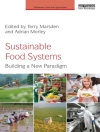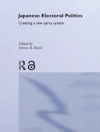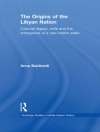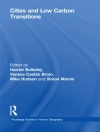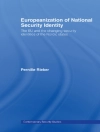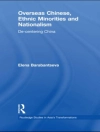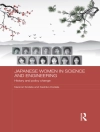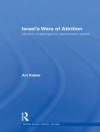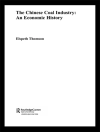The bite of the tsetse fly – a burning sting into the skin – causes a descent into violent fever and aching pains. Severe bouts of insomnia are followed by mental deterioration, disruption of the nervous system, coma and ultimately death.
Sleeping sickness, also known as Human African trypanosomiasis, is one of Africa’s major killers. It puts 60 million people at risk of infection, occurs in 36 countries in sub-Saharan Africa, and claims the lives of many thousands of people every year. Transmitted by the tsetse fly, trypanosomiasis affects both humans and cattle. The animal form of the disease severely limits livestock production and farming, and in people the toxic effects of the treatment for the brain disease can be as painful and dangerous as the disease itself. Existing in the shadow of malaria and AIDS, it is an overlooked disease, ignored by pharmaceutical companies and largely neglected by the western world.
Peter Kennedy has devoted much of his working life to researching sleeping sickness in Africa, and his autobiographical account shares not only his trials and experiences, evoking our empathy with the affected patients, but an explanation of the disease, including its history and its future. Interwoven with African geography, his compassionate story reveals what it is like to be a young doctor falling in love with Africa, and tells of his building of a vocation in the search for a cure for this cruel disease.
About the author
Peter Kennedy is a world authority on infectious diseases of the nervous system. He trained as a medical doctor, and then a neurologist, in various institutions in London, and holds MD, Ph D and DSc degrees and two masters degrees in Philosophy (M.Phil, M.Litt). One of the youngest doctors ever appointed to lead a neurology department in the UK, he has held the Burton Chair of Neurology at Glasgow University since 1987. He is a fellow of both the Academy of Medical Sciences and the Royal Society of Edinburgh, and is the co-editor of two textbooks on neurological infections and has published more than 150 scientific papers in learned journals. He became enamoured with Africa as a medical student on elective in Zambia in the 1970s, and has visited 17 times since. Now part of a major international effort to increase awareness of and funding for research into sleeping sickness, he is one of only a handful of medical doctors currently specialising in the disease and is dedicated to finding a cure.


